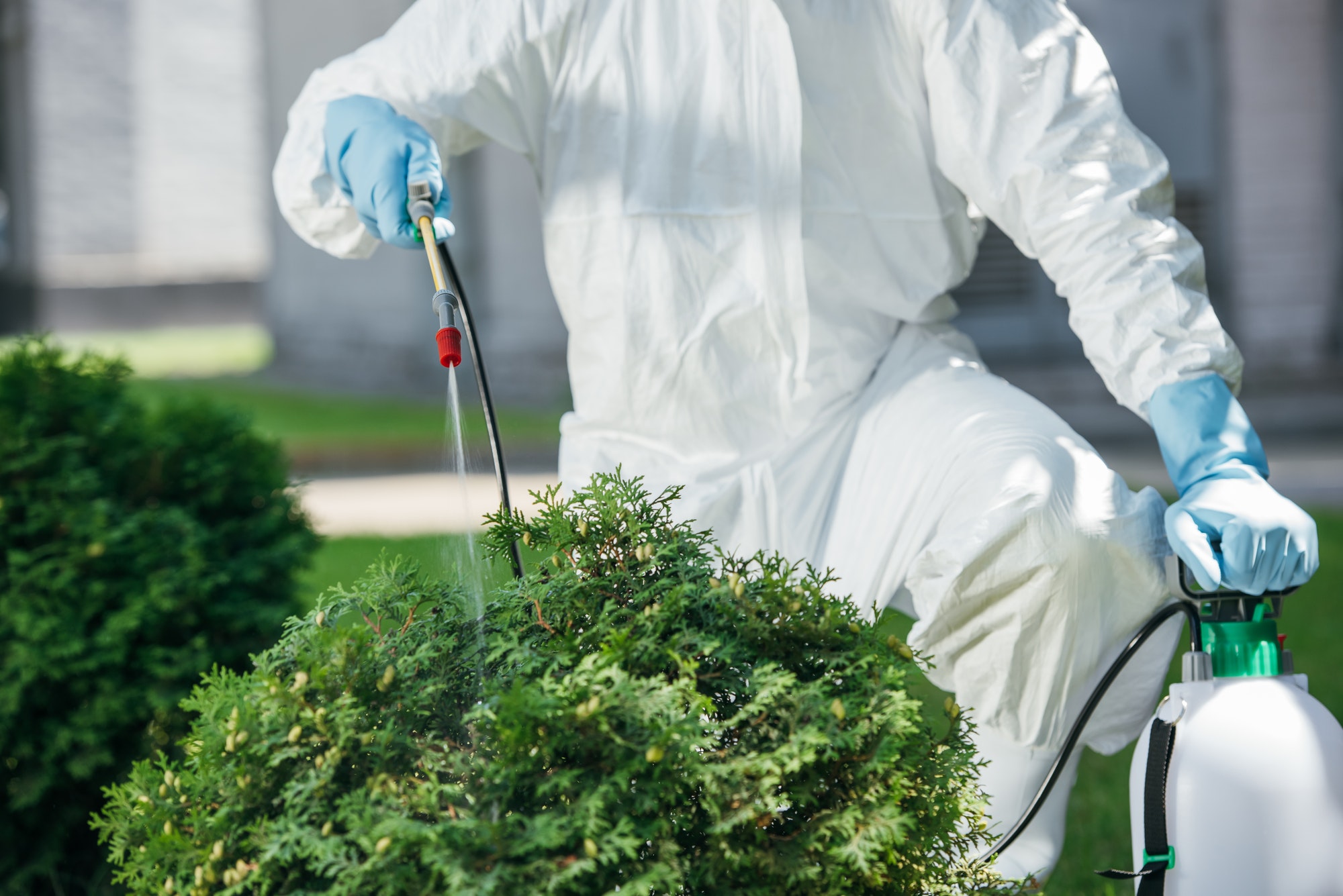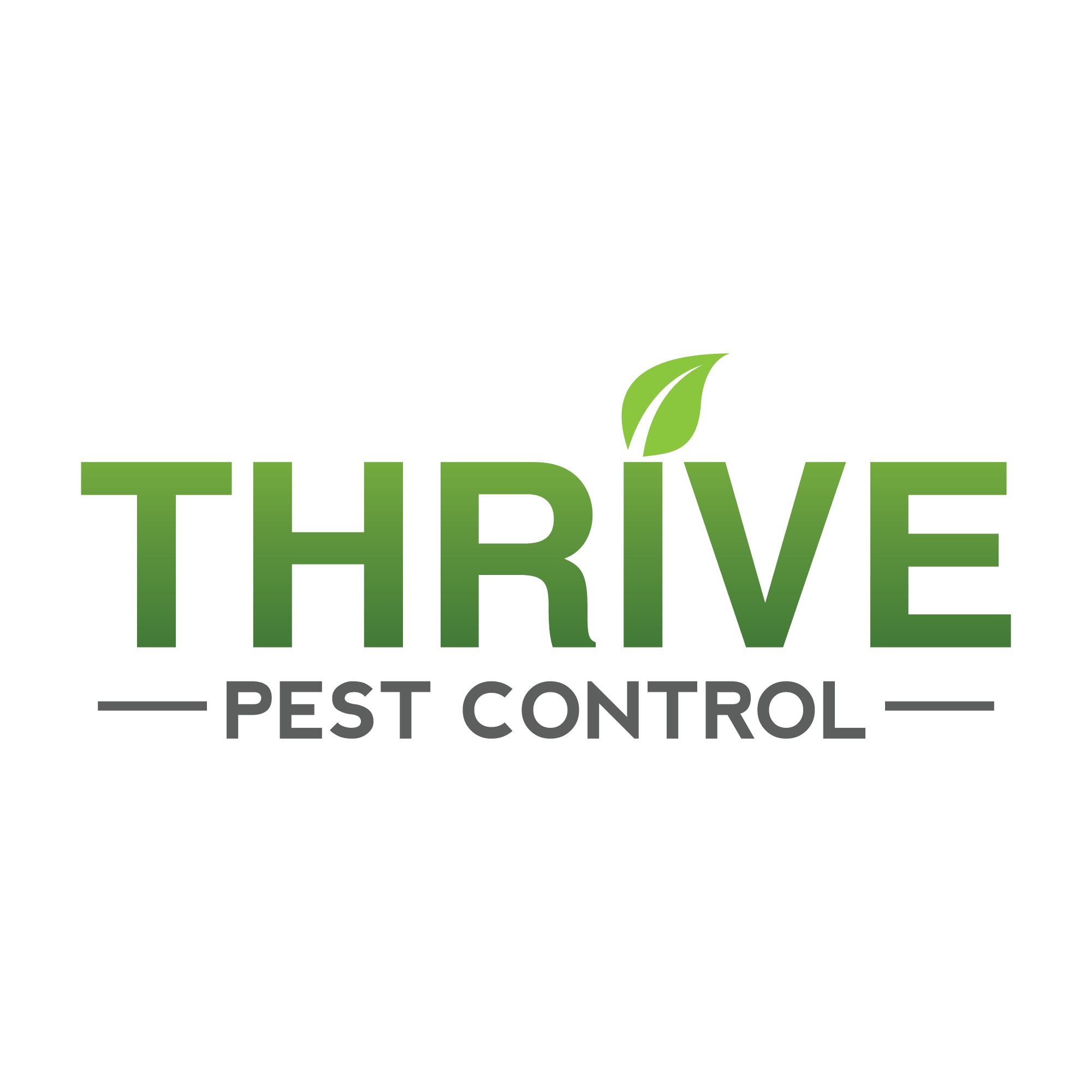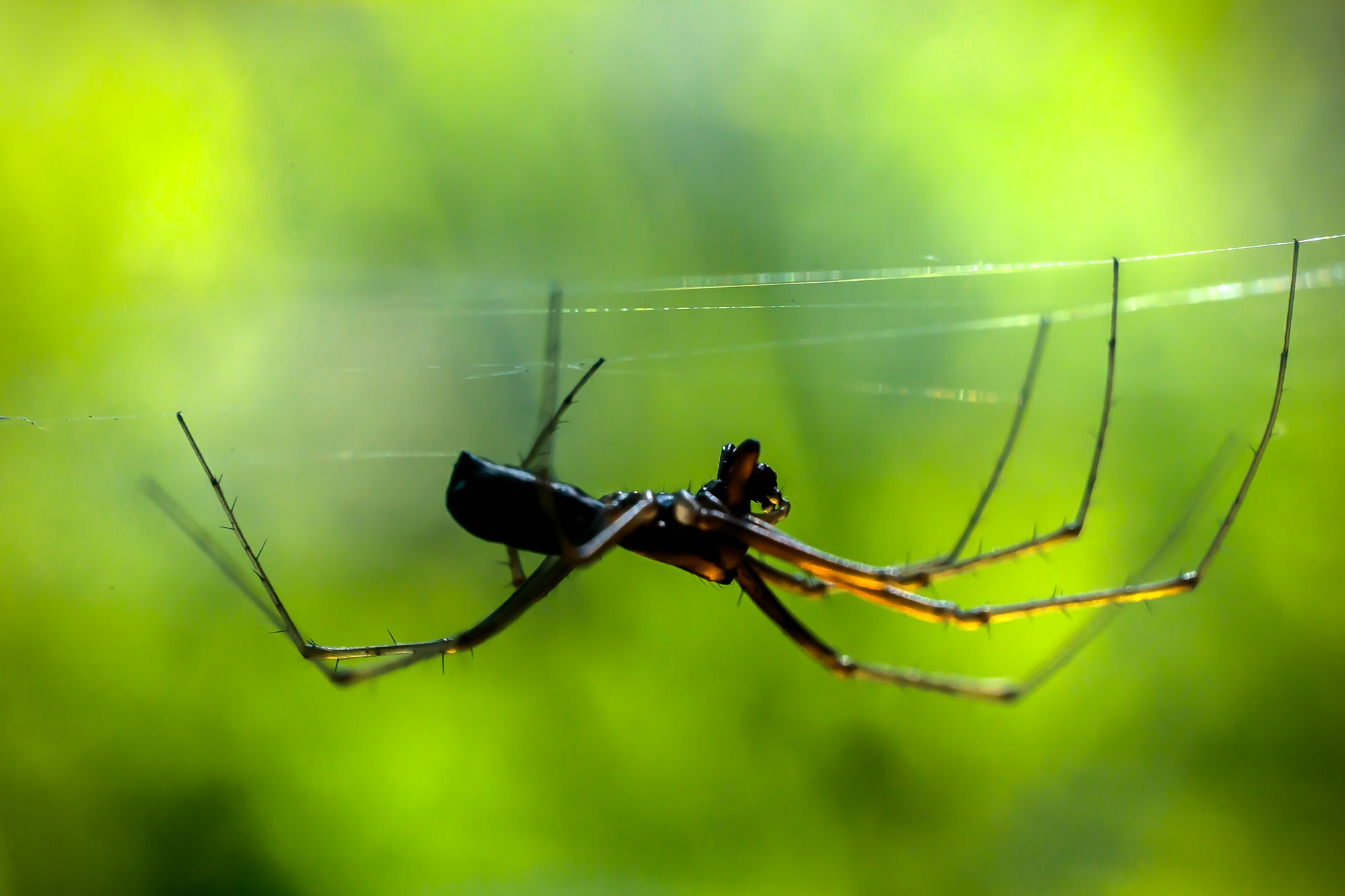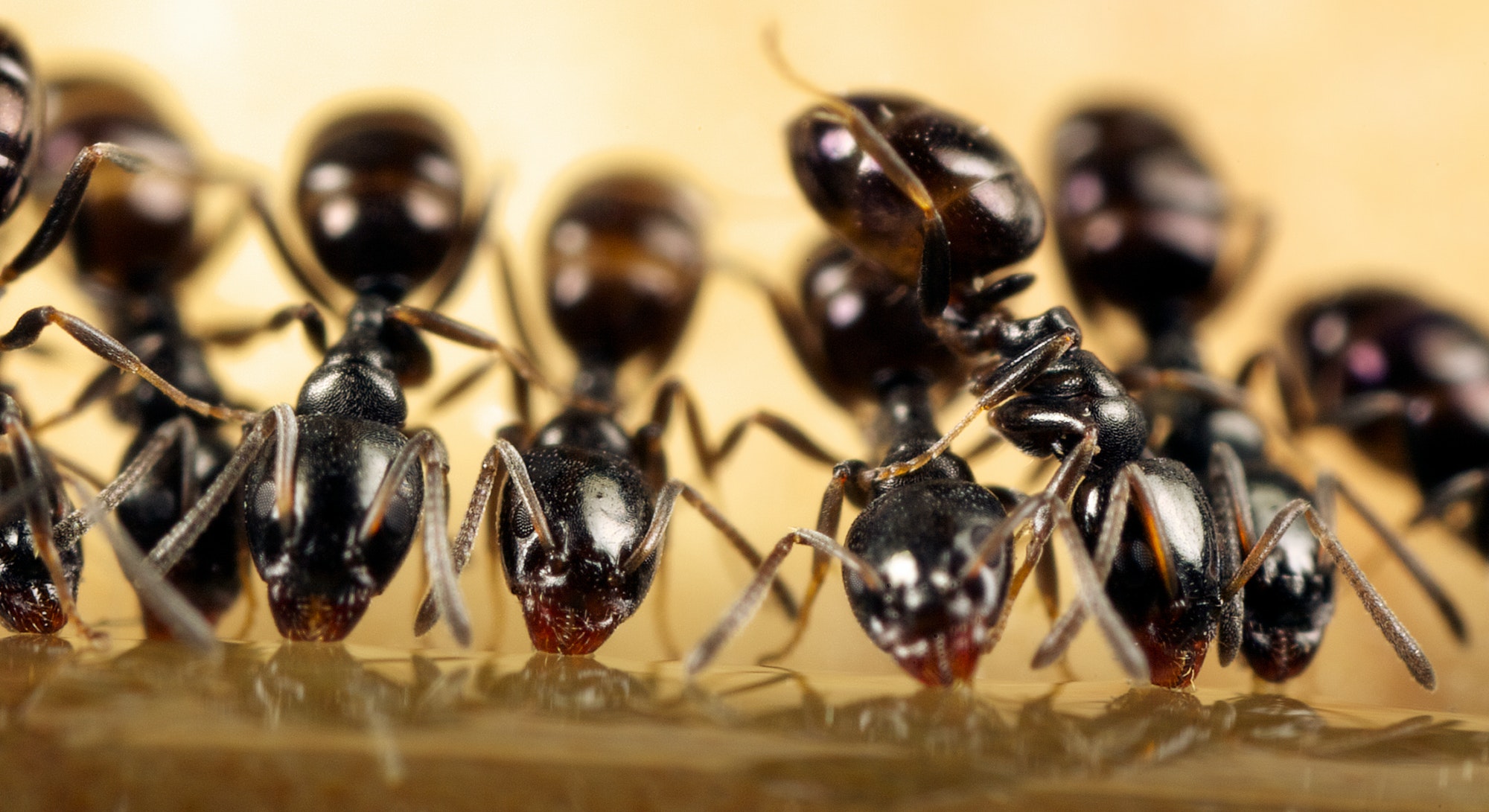Why Pest Control Is Necessary?
Pests pose a major problem for people all around the world. Many people complain about how insects and rodents damage their crops, infest their homes, bite their pets, and how they make them vulnerable to various diseases, which often require long-term treatment. All of these mentioned adverse effects that pests inflict on humans have made pest control a priority and an essential process in fighting the spread of viruses and bacteria carried through pests, which can jeopardize both human and animal life.
As stated before, pests cause plenty of damage to crops. Farmers are always trying to curtail the damage caused by insects, hoping to safeguard their yields and thus avoid economic losses. The pest problem for Ugandan farmers is a perfect example of that.
Uganda is currently the Commonwealth’s major coffee-producing country; it is Africa’s second-largest coffee grower, after Ethiopia, and the world’s tenth-largest coffee producer (Ssali 2021). For Uganda to maintain its prestigious global coffee production rate position, the country’s farmers had to implement effective pest control techniques, as crops had been highly affected by insects; for instance, Ugandan coffee extension officer Robert Ssentamu has told a local TV program that a bug called “the black coffee twig borer” is currently instigating the most damage to the Robusta coffee tree (Ssali 2021).

The harm is done when this insect penetrates the twig of the tree carrying the coffee berries, leading to its deterioration, dryness, and eventually its death. This is when pest control becomes critical; for example, applying adequate manure and fertilizers had reduced the presence of the twig borer on coffee trees and thus helped farmers protect their harvests (Ssali 2021).
Another kind of pests, like the coffee berry borer, is deemed the costliest pest harming coffee today, causing more than $500 million in damages each year and affecting 20 million coffee-growing households throughout the world (Ssali 2021). Pests’ negative effects on crops have made pest control a priority for farmers, not only to protect their plants/trees but also to avoid potential financial losses

Aside from spoiling crops, pests also present a real hazard to human health as they are known for transmitting various kinds of bacteria and diseases that often lead to illness. For example, and according to research by Beckwith, cockroaches at home shed their skin and leave droppings and urine behind, which rapidly become allergens in the air; those with asthma or who are allergic to allergens in general, especially children, may experience an allergic reaction to these particles (Beckwith 2017). In addition to roaches, mosquitoes can also adversely affect human health; research indicates that mosquitoes can transmit both West Nile and Eastern Equine Encephalitis viruses, which can cause serious sickness such as encephalitis (brain inflammation) and meningitis (brain and spinal cord inflammation), as well as death in certain cases (Beckwith 2017).
Another interesting finding relates to bed bugs. Although bed bugs do not transmit diseases to humans, they are known to cause mental health issues. Many people who have had a bed bug infestation, for example, have acquired insomnia, sadness, social isolation, and stress, to mention a few symptoms (Beckwith 2017). Research proved that pests could have deleterious effects on humans, hence the importance of pest control.
Moreover, the invasion of pests has also harmed the ecology; according to one study, pests prey directly on local animals, reducing or eradicating their prey populations and disturbing the ecological balance as a result. Pests also ravage natural resources, resulting in decreased water quality, increased soil erosion, land degradation, and the extinction of native plants that offer food and shelter to native or endemic species. To a certain extent, pests can also poison local animals and transmit diseases, resulting in the extinction of some animal and plant species (“Pests and Negative Effects on Health | One Two Tree, Miami”, 2020).
In short, it is evident that insects and rodents can have dire consequences on our lives. Numerous studies had proven that bugs can spread various types of harmful diseases that can badly affect peoples’ health. Pests also cause yearly economic losses as they not only destroy gardens but also obliterate entire crops intended to be sold to feed people worldwide. All these awful consequences, including the disturbance of ecological balance, have made pest control a crucial step to help maintain both vigorous wellbeing and a stable environment.
Author: Samah Nader
Texas A&M University Kingsville
Works Cited
- Ssali, Michael J. “Keep the pests and diseases at bay.” Monitor, The (Kampala, Uganda), sec. NEWS, 29 May 2021. NewsBank: Access World News – Historical and Current,
- infoweb.newsbank.com/apps/news/document-view?p=WORLDNEWS&docref=news/182C9F976E3F7A40. Accessed 3 June 2021.
- Beckwith, Danielle. “How Pests Can Affect Your Health.” Modern Pest, 14 Aug. 2017, www.modernpest.com/blog/pests-can-affect-health.
- “Pests and Negative Effects on Health | One Two Tree, Miami.” One Two Tree, 5 May 2020, onetwotree.com/pests-and-their-negative-effects.








